Few features transform an outdoor space like a well-designed deck. A new deck will increase the functionality, appearance and value of your home. But there are a few factors that will play into how much your project will cost. Understanding these costs is the key to getting the right deck at the right price.
Find Top-Rated Deck Pros
Search Now1. Size
The square footage of your deck will determine its costs. As a result, it’s important that you take stock of how you want to use your deck. If you envision yourself hosting weekend BBQs, or plan on using the space for outdoor living, you’ll need a larger platform. As the size of your deck increases, so do your costs.
2. Layout
Are you building a basic, single-level deck or a multi-level wrap-around? Will it be relatively close to the ground or ten feet up in the air? Understandably, the more complex your deck’s design, the more expensive it will be. If your deck is ground level, you’ll likely be able to use precast concrete footers as support. Footers generally cost under $10 and are a convenient alternative to digging post holes and pouring concrete. Raised decks will cost more due to the fact that they require concrete footings and piers to provide the necessary support. Check your local building codes for specific requirements.
Build Your Dream Deck. Find Deck Pros
Compare Quotes3. Materials
According to HomeAdvisor’s True Cost Guide, it costs an average of $7,917 to build a deck. Materials are a large part of the cost of building a deck. Many homeowners go with pressure-treated wood for its affordability and durability. If you’re looking for an upscale aesthetic, cedar and redwood are slightly more expensive, but have longer lifespans and a natural resistance to rot and insects. Composite woods and plastics are at the high end of the cost spectrum. These materials look like real wood, require little maintenance and don’t rot, splinter or warp. Plastic and composite wood can easily double or triple the cost of your deck.
4. Additional Costs
Most cities require homeowners to obtain permits before building a deck. Pulling permits is an extra step, but it will save you from expensive fines. If you fail to get your permits, you could find yourself tearing down your new deck or paying a fine. You could also see a slight increase in your homeowner’s insurance and property taxes.
5. DIY or Hire a Pro
Building a deck is a project that thousands of homeowners tackle themselves. But it’s a good idea to hire a pro if the job gets more complex. Hiring a professional will increase your budget, but a quality build will justify the extra cost.

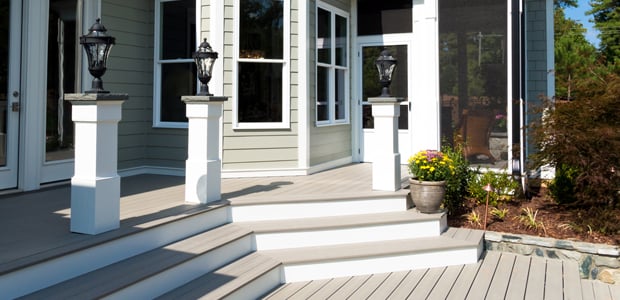
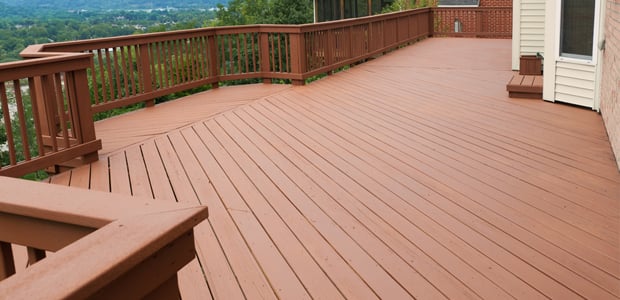
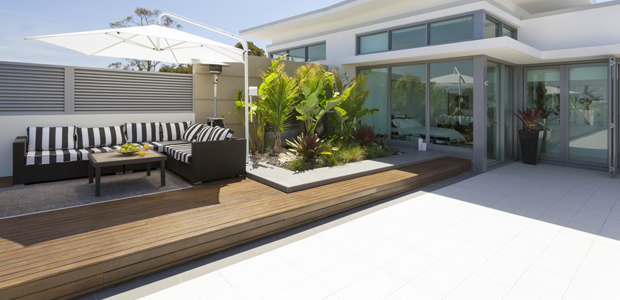
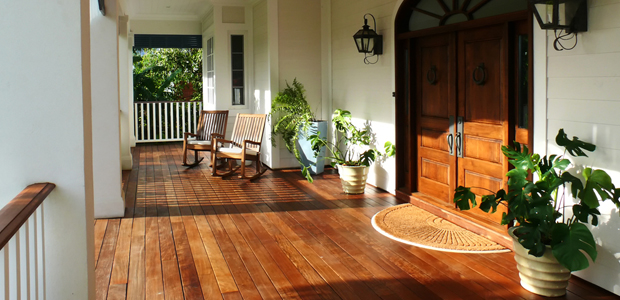
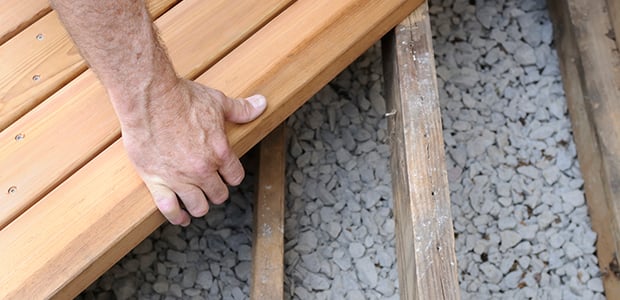

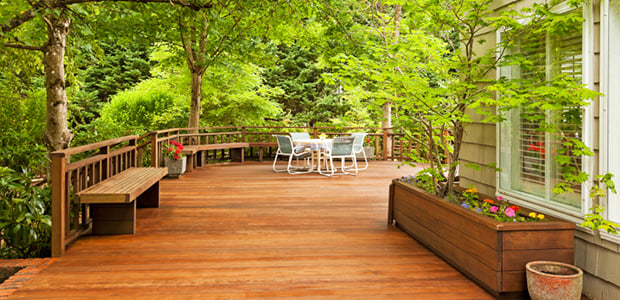 Understanding
Understanding Creating the Perfect
Creating the Perfect Projects to Boost Your
Projects to Boost Your Landscaping Projects
Landscaping Projects